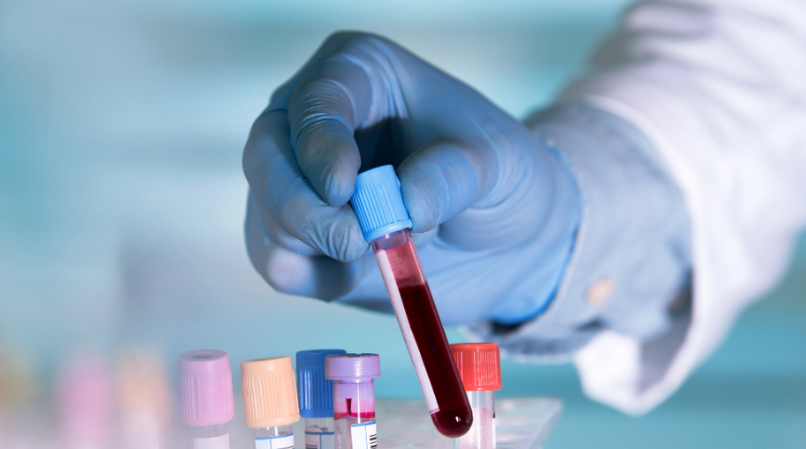Researchers have identified specific DNA patterns that could serve as biomarkers for Alzheimer’s.
Others are reading now
Researchers have identified specific DNA methylation patterns that could serve as early biomarkers for Alzheimer’s disease, potentially making diagnosis possible through a simple blood sample.
A Natural Process
This promising development, led by pharmacist and researcher Blanca Acha Santamaría at the Public University of Navarra (UPNA) and Navarrabiomed, offers a new approach to Alzheimer’s detection, which is traditionally diagnosed through more invasive and costly procedures like spinal taps and brain imaging.
DNA methylation, a natural process in which a small chemical group (methyl) attaches to specific segments of DNA, influences gene activity by effectively “turning genes on or off.”
In her study, Acha observed that Alzheimer’s patients displayed distinct methylation changes compared to healthy individuals, suggesting these alterations could act as reliable indicators of Alzheimer’s.
Also read
Combined with Biomarker Panels
By analyzing peripheral blood samples, the research team hopes to provide a more accessible, early diagnostic tool.
“DNA methylation biomarkers in peripheral blood could significantly enhance Alzheimer’s diagnostic accuracy when combined with other biomarker panels,” Acha stated in her doctoral thesis.
Her findings, developed under the guidance of neuroepigenetics specialists Maite Mendioroz Iriarte and Idoia Blanco Luquin, and UPNA professor Ignacio Encío Martínez, support the idea that methylation markers can be practical, non-invasive indicators of Alzheimer’s.
Acha’s research also emphasizes a gender-based approach to Alzheimer’s diagnostics, as men and women may experience the disease differently.
She advocates that future research considers gender-specific methylation patterns, which could improve diagnostic sensitivity and offer tailored therapeutic options.
The World Health Organization (WHO) notes that Alzheimer’s currently affects millions worldwide, a number expected to grow as populations age.
Early detection, often limited by costly and invasive procedures, could prove transformative in managing Alzheimer’s if blood-based biomarkers become clinically available.
Although further studies are needed, this discovery could shift the diagnostic landscape, making it easier for individuals to access early diagnosis and interventions, which are crucial for slowing Alzheimer’s progression.








